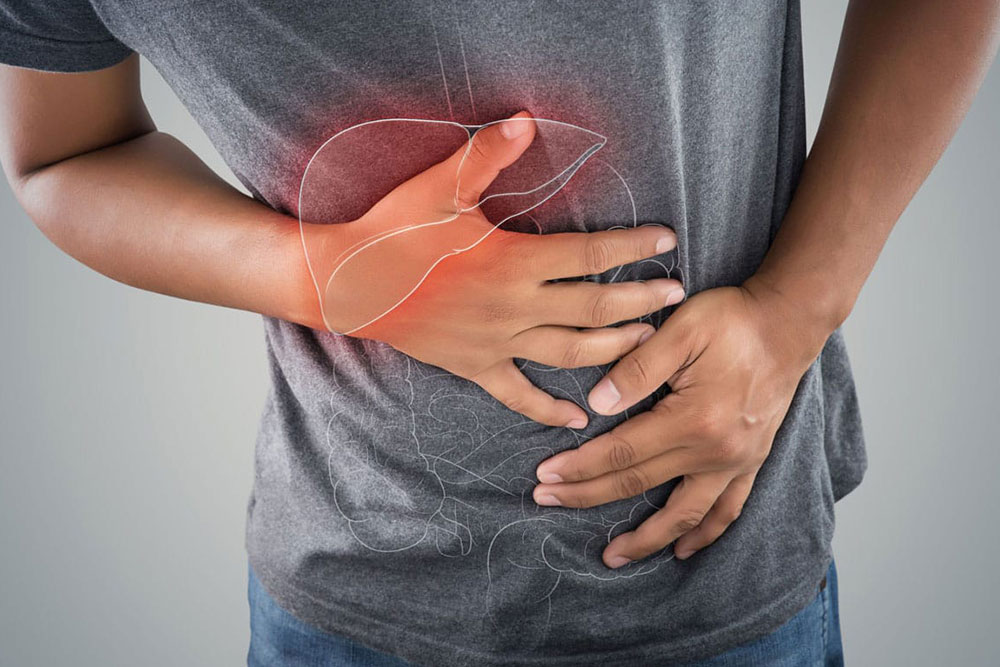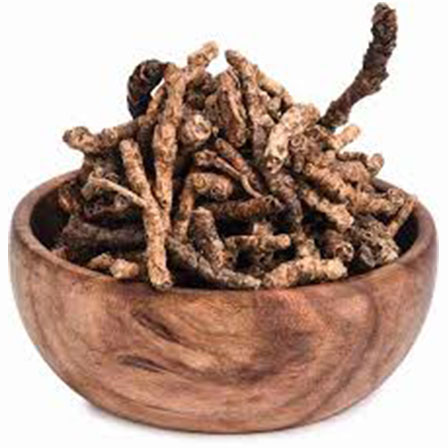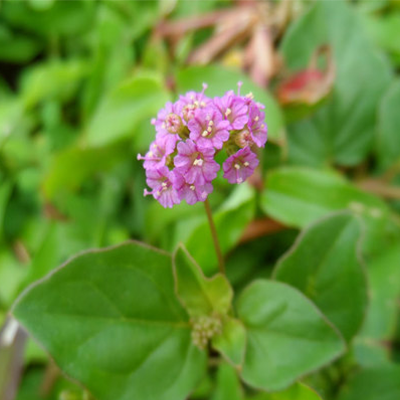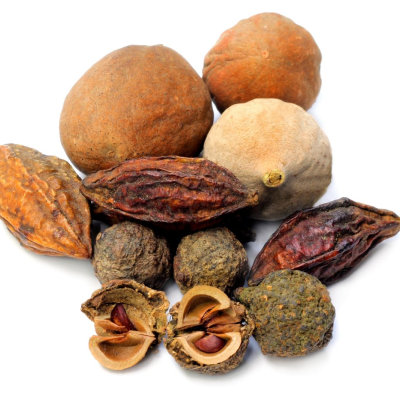Hepatitis is the inflammation of the liver, often caused by viral infections, toxins, alcohol, autoimmune disorders, or other conditions. It affects liver function, leading to symptoms ranging from mild discomfort to severe complications like liver failure.
Types of Hepatitis
1. Hepatitis A (HAV):
Caused by Hepatitis A virus, transmitted through contaminated food or water (faecal-oral route).
2. Hepatitis B (HBV):
Caused by Hepatitis B virus, spread through blood, sexual contact, or mother-to-child transmission.
3. Hepatitis C (HCV):
Caused by Hepatitis C virus, mainly transmitted through infected blood.
4. Hepatitis D (HDV):
Caused by Hepatitis D virus, occurs only in individuals already infected with HBV.
5. Hepatitis E (HEV):
Caused by Hepatitis E virus, transmitted through contaminated water (faecal-oral route).
6. Alcoholic Hepatitis:
Caused by Excessive alcohol consumption leading to liver inflammation.
7. Autoimmune Hepatitis:
Caused by Immune system attacking liver cells.
Causes of Hepatitis B
The disease spreads when blood, semen, or other body fluids containing the virus enter the body of an uninfected person.
Modes of Transmission
- Unprotected Sexual Contact: Exchange of body fluids during sexual activity.
- Sharing Needles: Common in intravenous drug use.
- Mother-to-Child Transmission: During childbirth.
- Exposure to Infected Blood: Through transfusions, needle-stick injuries, or sharing razors.
- Unsterile Medical Practices: Using contaminated equipment during medical procedures.
Symptoms of Hepatitis B
Acute Phase Symptoms:
- Fatigue
- Fever
- Nausea and vomiting
- Loss of appetite
- Dark urine and pale stools
- Jaundice (yellowing of the skin and eyes)
- Abdominal pain
Chronic Phase Symptoms:
- May remain asymptomatic for years.
- Progression can lead to liver cirrhosis, liver failure, or liver cancer.
High-Risk Factors for Hepatitis B
- Healthcare workers exposed to infected blood.
- Individuals engaging in unprotected sex with multiple partners.
- Intravenous drug users.
- New-borns of HBV-infected mothers.
- People receiving haemodialysis.
- Travelers to regions with high HBV prevalence.
In Ayurveda, Hepatitis B can be understood as a liver disorder caused by the imbalance of Pitta dosha, affecting Yakrit (liver). It may also involve Rakta dhatu (blood tissue) and Rasa dhatu (plasma tissue). The condition resembles Kamala Roga (jaundice) or Pittaja Pandu (Pitta-induced anaemia).
Ayurvedic Management of Hepatitis B
Treatment Principles
- Pacify Pitta dosha to reduce liver inflammation.
- Detoxify Rakta dhatu (blood) and Yakrit (liver).
- Strengthen immunity and rejuvenate liver cells
Panchakarma Therapies
- Virechana (Purgation Therapy): Cleanses excess Pitta from the body.
- Raktamokshana (Bloodletting): Helps purify the blood.
- Abhyanga and Swedana: Improves circulation and reduces toxin load.
Dietary Recommendations
- Eat cooling and alkaline foods:
- Coconut water, buttermilk, and boiled vegetables.
Avoid
- Spicy, fried, and processed foods.
- Alcohol and smoking.
- Include liver-friendly herbs like turmeric in your diet
Lifestyle recommendations
- Practice stress management techniques like yoga and meditation.
- Avoid overexertion; allow the liver to heal.
- Stay hydrated and maintain a regular sleep pattern.
Herbal Remedies:
1. Katuki (Picrorhiza kurroa):
- Detoxifies the liver and balances Pitta.
- Dosage: 1-2 grams of powder with honey twice daily.
2. Kalmegh (Andrographis paniculata):
- Reduces liver inflammation and fights infections.
- Dosage: 500 mg capsules or as a decoction.
3. Bhumyamalaki (Phyllanthus niruri):
- Known for its antiviral and hepatoprotective properties.
- Dosage: 1-2 grams of powder or decoction twice daily.
4. Punarnava (Boerhavia diffusa):
- Rejuvenates liver cells and reduces swelling.
- Dosage: 2-3 grams of powder with warm water.
5. Triphala :
- Improves digestion and detoxifies the liver.
- Dosage: 1 tsp of powder with warm water at bedtime.
Prevention of Hepatitis B
- Vaccination: The HBV vaccine is effective in preventing the disease
- Safe Practices: Use sterilized needles and avoid sharing personal items.
- Protected Sexual Contact: Always use condoms to reduce transmission risk.
By combining Ayurvedic therapies with modern preventive measures, Hepatitis B can be managed effectively while improving overall liver health.








